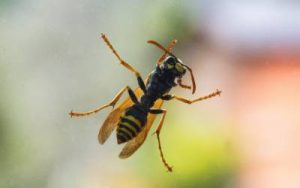 Summertime in Georgia brings sunny days, open roads, and unfortunately, some unwelcome visitors—wasps. These buzzing insects have a knack for finding their way into the smallest of spaces, including your beloved car. Thankfully, there are some easy steps you can take to make sure wasps don’t invade your space. Read on to learn top wasp prevention tips from the experts at Active Pest Control!
Summertime in Georgia brings sunny days, open roads, and unfortunately, some unwelcome visitors—wasps. These buzzing insects have a knack for finding their way into the smallest of spaces, including your beloved car. Thankfully, there are some easy steps you can take to make sure wasps don’t invade your space. Read on to learn top wasp prevention tips from the experts at Active Pest Control!
Why Do Wasps Build Nests in Cars?
It may seem strange that wasps choose cars for their nesting site, but there are actually a few reasons why vehicles are a top choice for many stinging insects. Wasps often build nests in cars because:
- Cars have plenty of shelter: Just like us, wasps appreciate a cozy shelter. Your car’s various nooks and crannies provide ideal spots for their nests. From the gaps under the hood to the crevices in the door panels, they’ll happily take advantage of any available space.
- Ventilation makes for easy access: Wasps are resourceful little creatures. They’re drawn to cars because of the air vents, which provide excellent ventilation for their nests. The steady flow of air allows their offspring to breathe comfortably, and who can blame them for wanting a breeze during hot Georgia summers?
- Old crumbs provide plenty of food: Wasps have a notorious sweet tooth. They’re attracted to sugary substances, such as spilled beverages or food remnants, that might be lurking inside your car. These tantalizing snacks serve as extra motivation for them to explore and establish their nests.
- Sedentary cars are secluded: Wasps are crafty creatures that prefer to build their nests in hidden locations, away from prying eyes and curious predators. The protected environment of your car provides them with the perfect camouflage, shielding their nests from unwanted attention.
How to Keep Wasps Out of Your Car
Now that we understand why wasps find cars so appealing, it’s time to unleash our arsenal of preventive measures:
- Remove any trash and vacuum regularly
- Keep windows and doors closed
- Avoid letting your car sit unused
- Seal any cracks with mesh or tape
- Park in sheltered areas if possible
- Inspect beneath the hood and in the trunk
What to Do if You Have Wasps in Your Car
Despite your best efforts, it’s possible that wasps might come inside your car. If this happens, it’s crucial to remain calm and take the appropriate steps to handle the situation safely. Here’s what you should do:
- Stay Calm and Pull Over: If you notice wasps flying inside your car while driving, keep your cool and pull over to a safe location. Panicking or swatting at the wasps can lead to accidents or stings.
- Open All Windows and Doors: Once you’ve safely parked, roll down all the windows and open the doors. This allows the wasps a clear exit path and encourages them to fly out of the vehicle.
- Exit Slowly and Carefully: Exit the car slowly and cautiously, making sure not to disturb or provoke the wasps. Move away from the vehicle to a safe distance, preferably to an area without any wasp activity.
- Call a Professional Wasp Exterminator: If you discover a wasp nest inside your car, don’t try to remove it yourself. Wasps can become aggressive when their nest is threatened, and their stings are painful and potentially dangerous. Instead, seek assistance from a professional wasp control company.
Finding wasps in your car can be a terrifying experience, but the experts at Active Pest Control are here to help! Our state-certified technicians have years of experience handling buzzing insects throughout Georgia, and they know how to quickly and safely remove wasps. To get fast wasp removal services, give us a call today!

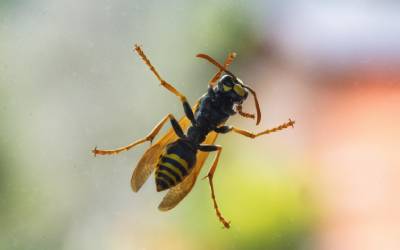
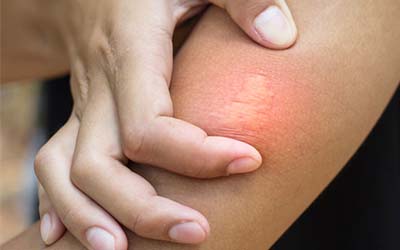
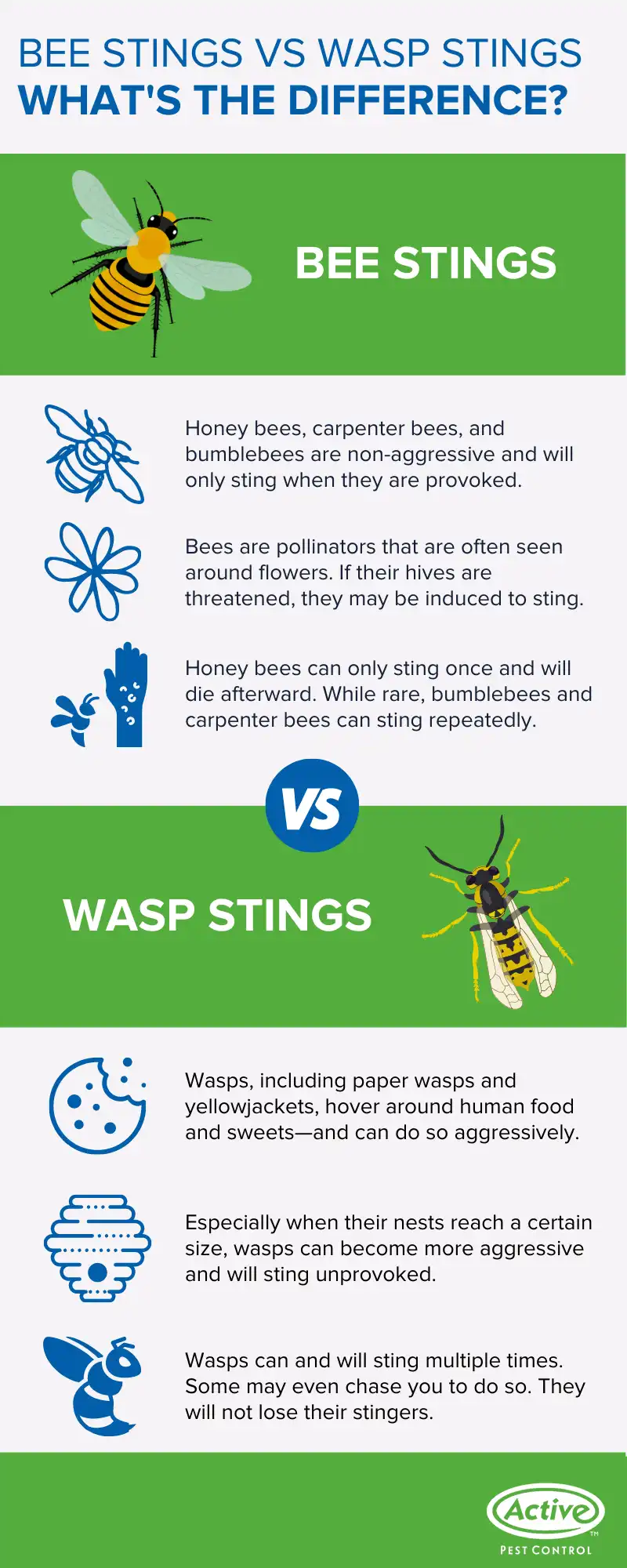
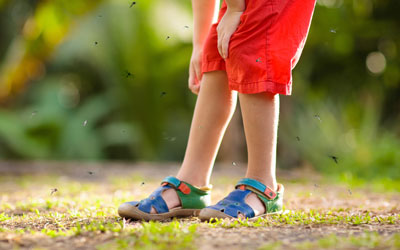 With summer winding down, you’re likely wanting to spend as much time outdoors as possible. Whether you are hosting a backyard barbecue or reading out on your patio at night, the last thing you want to deal with is a pest problem. Mosquitoes, ticks, flies, lawn pests, and wasps are just a few of the many pests that can become quite a nuisance. At Active Pest Control, we know you want to enjoy your time spent in your outdoor living spaces to be pest-free, which is why we’re here to provide you with our top tips for pest-free outdoor living in your Atlanta area home.
With summer winding down, you’re likely wanting to spend as much time outdoors as possible. Whether you are hosting a backyard barbecue or reading out on your patio at night, the last thing you want to deal with is a pest problem. Mosquitoes, ticks, flies, lawn pests, and wasps are just a few of the many pests that can become quite a nuisance. At Active Pest Control, we know you want to enjoy your time spent in your outdoor living spaces to be pest-free, which is why we’re here to provide you with our top tips for pest-free outdoor living in your Atlanta area home.